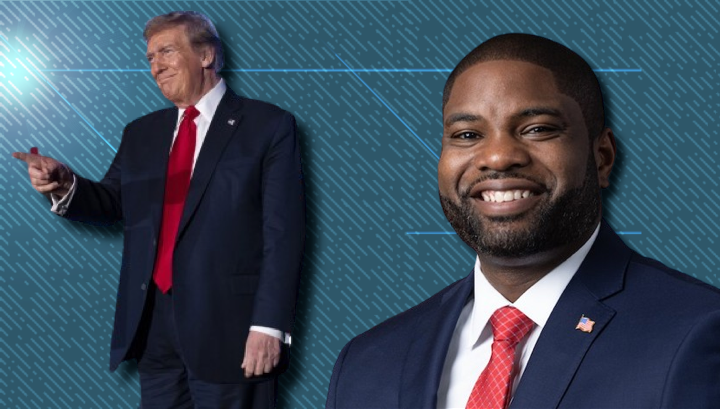Corporate executives are calling the shift the end of a watershed era for diversity in the U.S. workplace, according to a new Bloomberg report on the DEI rollback. “We’re past the peak,” Subha Barry, former head of diversity at Merrill Lynch, told the publication. Major financial firms are reassessing their policies as executives race to head off accusations of reverse discrimination, following “the growing conservative assault on DEI, coupled with pockets of resentment among white employees,” Bloomberg noted. Bankers are reportedly reshaping or pausing new diversity programs to get ahead of backlash and potential litigation. As executives at Bank of New York Mellon have been reconsidering metrics for workforce diversity, the firm’s lawyers advised a more sweeping policy change: “lose them.” At Bank of America, internal programs that formally targeted women and racial minorities have been changed to include everyone. Citizens Financial Group no longer includes a goal of having women and people of color comprising at least 50 percent of the candidates for mid- and senior-level positions. According to Bloomberg, while publicly Wall Street corporations say they remain committed to DEI efforts, privately they admit that high-profile anti-DEI campaigns “amplified by billionaires including Elon Musk and Bill Ackman” are dealing a major blow to policies that systemically limit options available to non-white employees. Andrea Lucas, Commissioner at the U.S. Equal Employment Opportunity Commission, has issued statements in recent months explaining that though companies may have noble intentions with diversity initiatives, considering race in employment decisions is against the law. In a recent interview, Lucas responded to a social media post from billionaire Mark Cuban, stating that “yes, race and gender can be part of the equation” in hiring decisions. Lucas explained that many companies mistakenly believe that as long as race or sex is not the sole factor, it is okay to use those protected classes as a “plus factor” when making employment decisions. “If any employer, whether private or public, uses race or sex or any other protected characteristic, particularly race or sex, as any factor in their decision-making process for any employment decision then they've violated Title VII and an employee that's been harmed can file a complaint with the EEOC and then if they get a right to sue letter, they can file in federal court,” she said. Lucas also acknowledged that many misperceptions about DEI comes from a misunderstanding of the words, given the prevalence of the word “equity” being used as a substitute for “equality.” "I like to remind people, we are the Equal Employment Opportunity Commission, we are not the equal outcomes commission. That is just a fundamentally different mission,” she said. “There may be different outcomes at different points for different employees. That's not mandated by the law for everyone to arrive at the exact same place. What matters is that employers are treating all of their employees the same without relying on their skin color or their sex or other protected characteristics."Wall Street companies are doing a major about-face by abandoning diversity, equity, and inclusion (DEI) programs at breakneck pace.
Loading...
Loading...
Race /
Wall St. Begins Purging DEI Programs
Federal official says considering race or sex in employment decisions is a Title VII violation, for which companies can be sued in federal court

*For corrections please email [email protected]*
